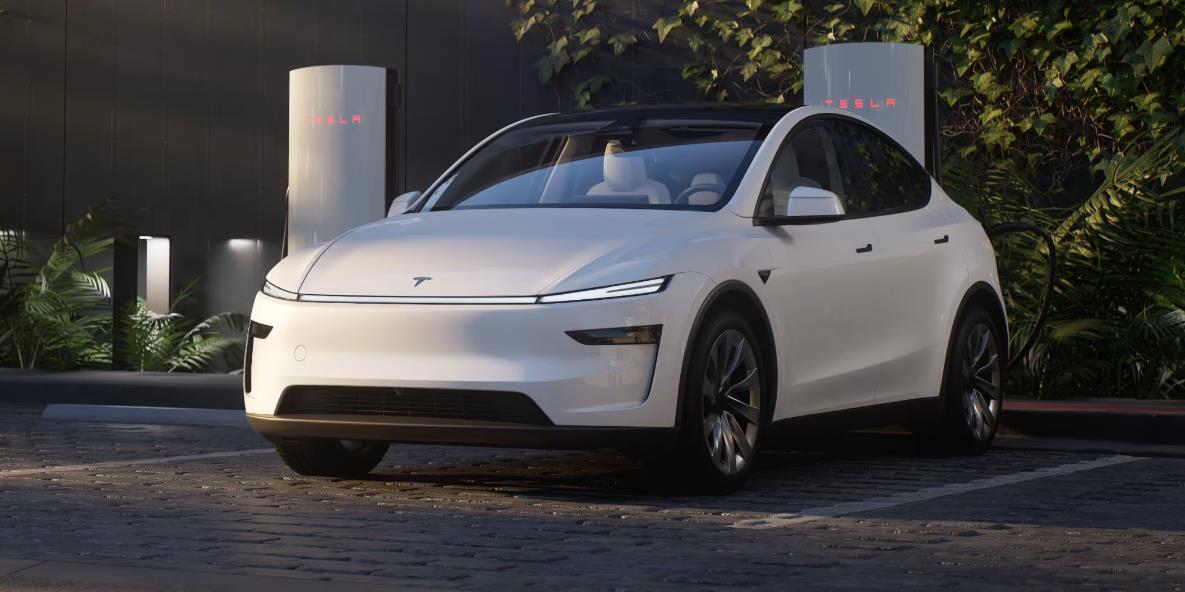According to reports from foreign media, a consumer survey commissioned by the American Automobile Association (AAA) shows that public interest in electric vehicles has fallen to its lowest level since 2019. Only 16% of respondents indicated that they were 'likely' or 'very likely' to consider an electric vehicle as their next car choice. Greg Brannon, director of automotive engineering at AAA, pointed out, 'Despite the automotive industry's commitment to advancing long-term electrification strategies and offering diverse models, potential consumer concerns remain.' The data shows that the proportion of respondents who explicitly stated they were 'unlikely' or 'very unlikely' to choose an electric vehicle for their next car increased from 51% to 63%, the highest level since 2022. The high cost of battery maintenance was cited by 62% of respondents as a major reason for rejecting the purchase of pure electric vehicles. However, research from the SLAC-Stanford Battery Center, developed by Stanford University's Precourt Institute for Energy and the SLAC National Accelerator Laboratory, indicates that the actual lifespan of electric vehicle batteries may be longer than previously expected. Researchers found that real driving conditions cause less wear on batteries than laboratory tests, suggesting that battery replacement frequency may be lower than some consumers fear. Additionally, 59% of respondents believe that the price of electric vehicles is too high, with data from Cox Automotive showing that the average transaction price for new electric vehicles in the U.S. in March was $59,205, significantly higher than the overall average transaction price for new cars at $47,462. Other major concerns reported in this year's survey revolve around battery issues: 56% of participants believe that public charging stations are not convenient enough, 55% worry about 'range anxiety' (running out of charge while driving), and 57% think electric vehicles are unsuitable for long-distance travel. Furthermore, interest in purchasing electric vehicles has also declined due to the cancellation of U.S. electric vehicle incentive policies. The AAA survey also revealed that 77% of respondents cited 'saving on gasoline costs' as the primary reason for purchasing an electric vehicle, while 59% mentioned 'environmental factors.' Meanwhile, consumer confidence in the electrification process is weakening, with the percentage of U.S. drivers believing that 'most cars will be electrified in the next ten years' dropping from 40% in 2022 to just 23% this year. The survey was conducted between March 6 and 10, covering 1,128 respondents.
Public Interest in Electric Vehicles Hits Lowest Level Since 2019, AAA Survey Shows

Share this post on: